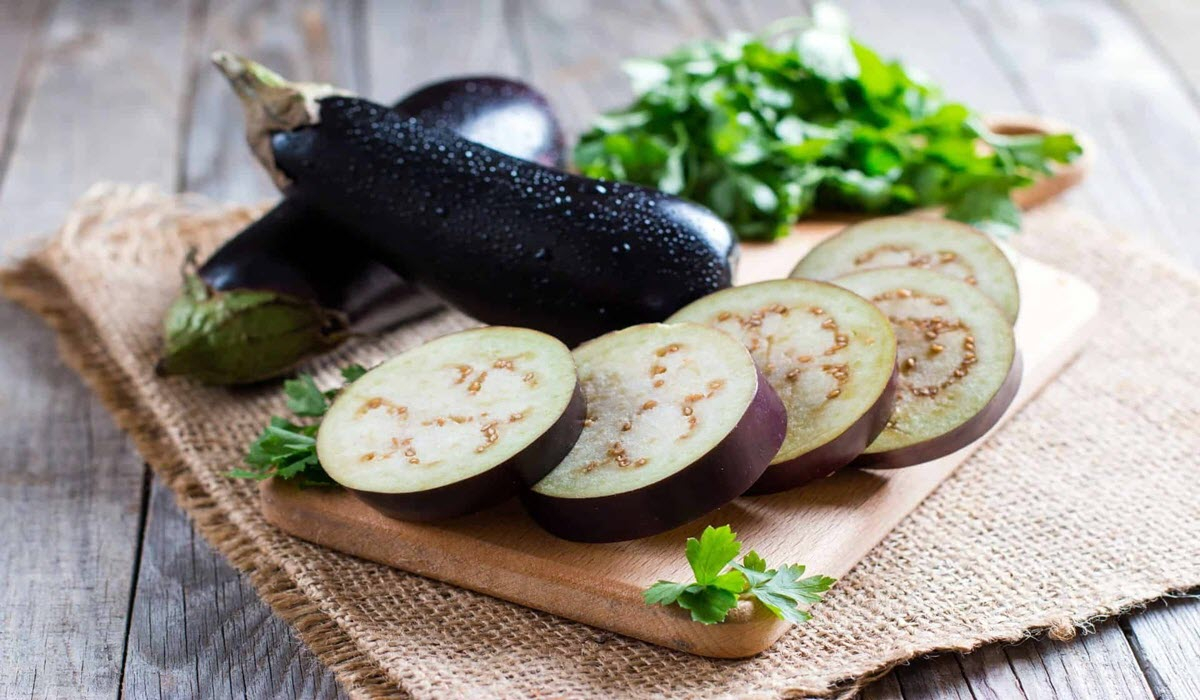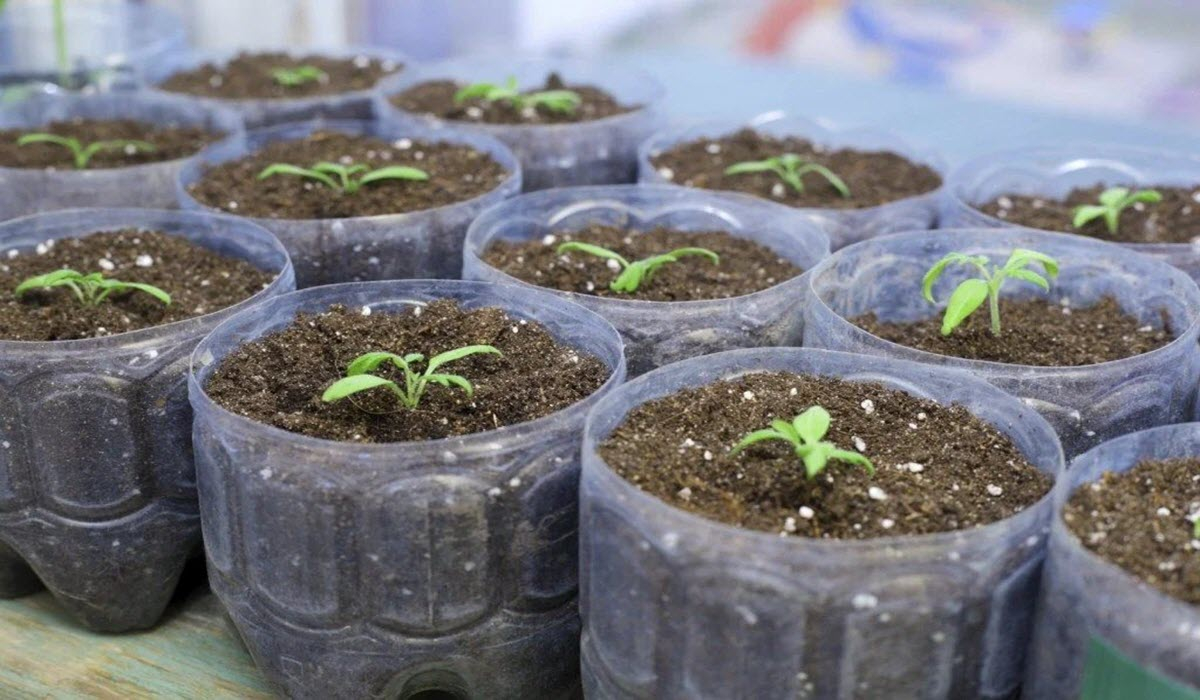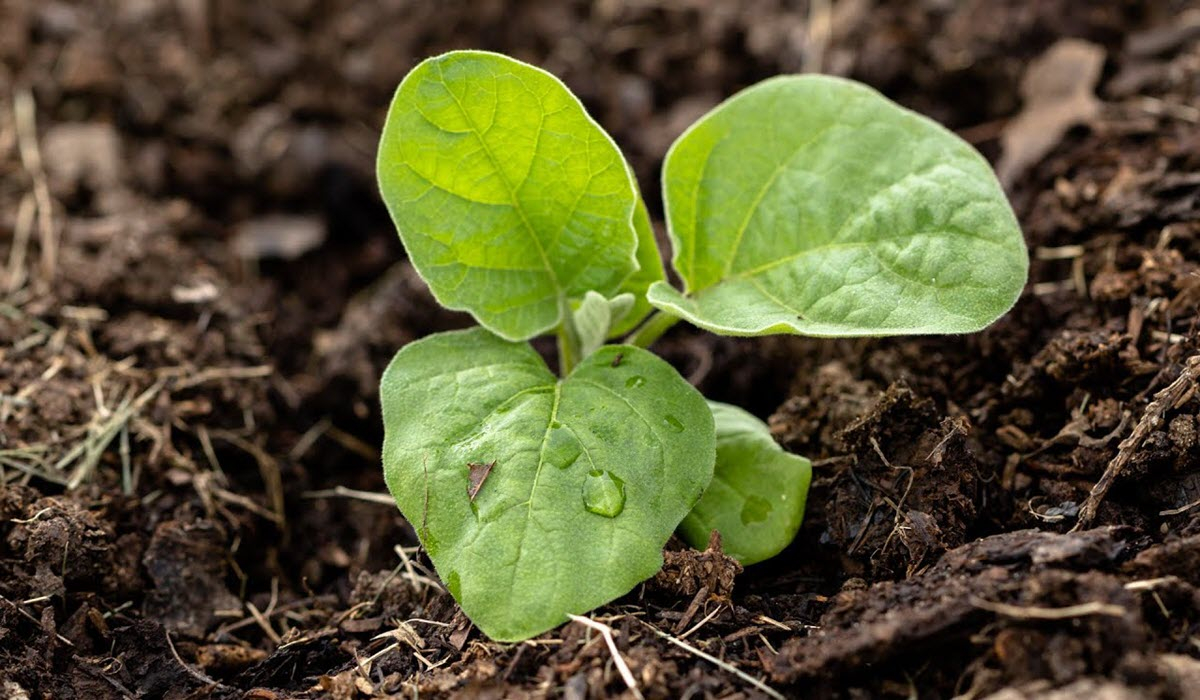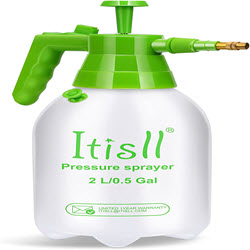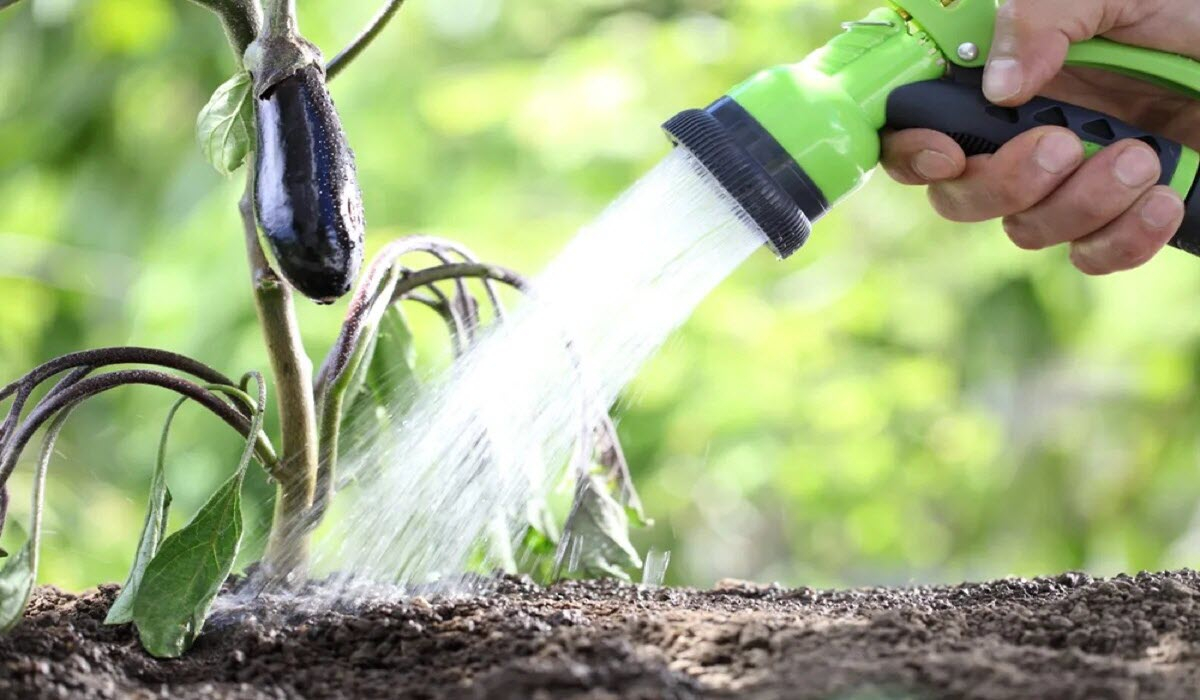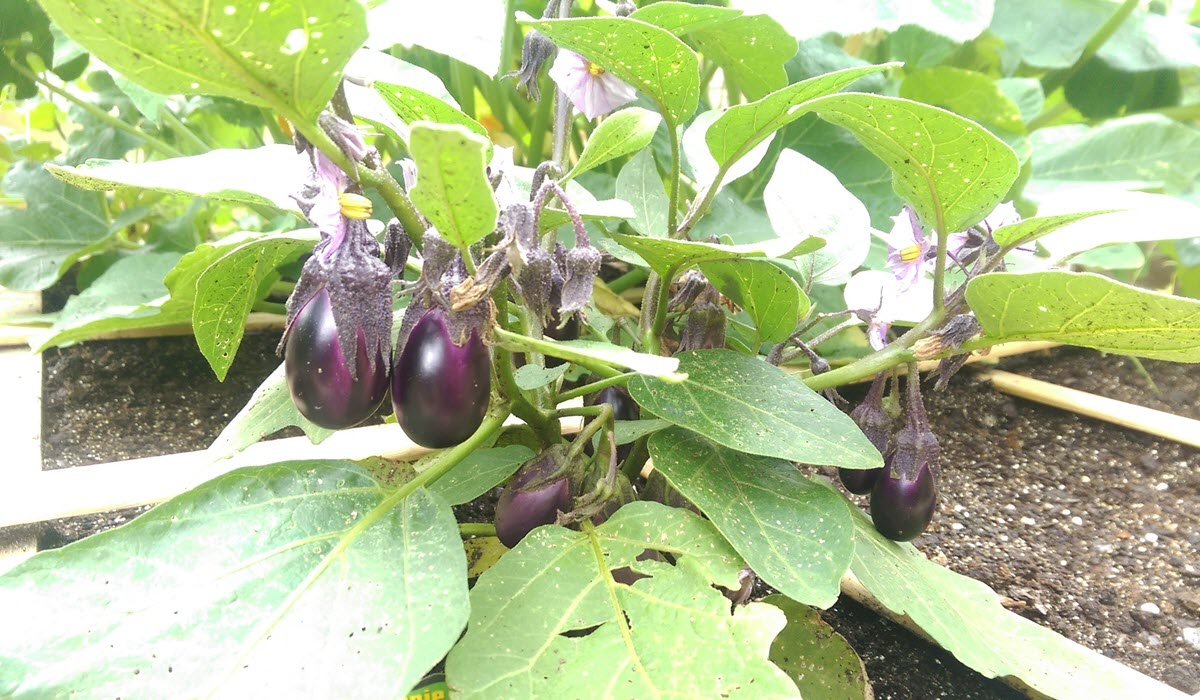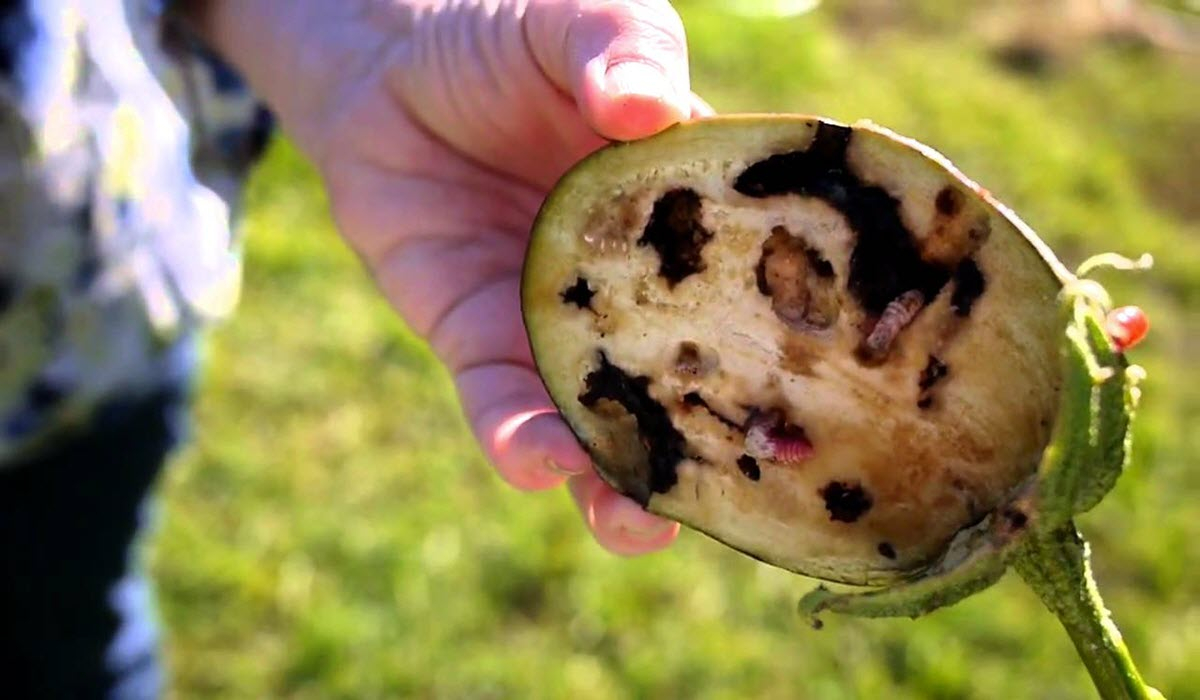Broad beans, also known as fava beans, are a nutritious and easy-to-grow crop that can provide a range of health benefits. In this article, we will discuss how to grow broad beans, how to grow broad beans from seed, how to grow broad beans in pots, a guide to grow broad beans in containers, disease attacks in broad beans, and the health benefits of broad beans.
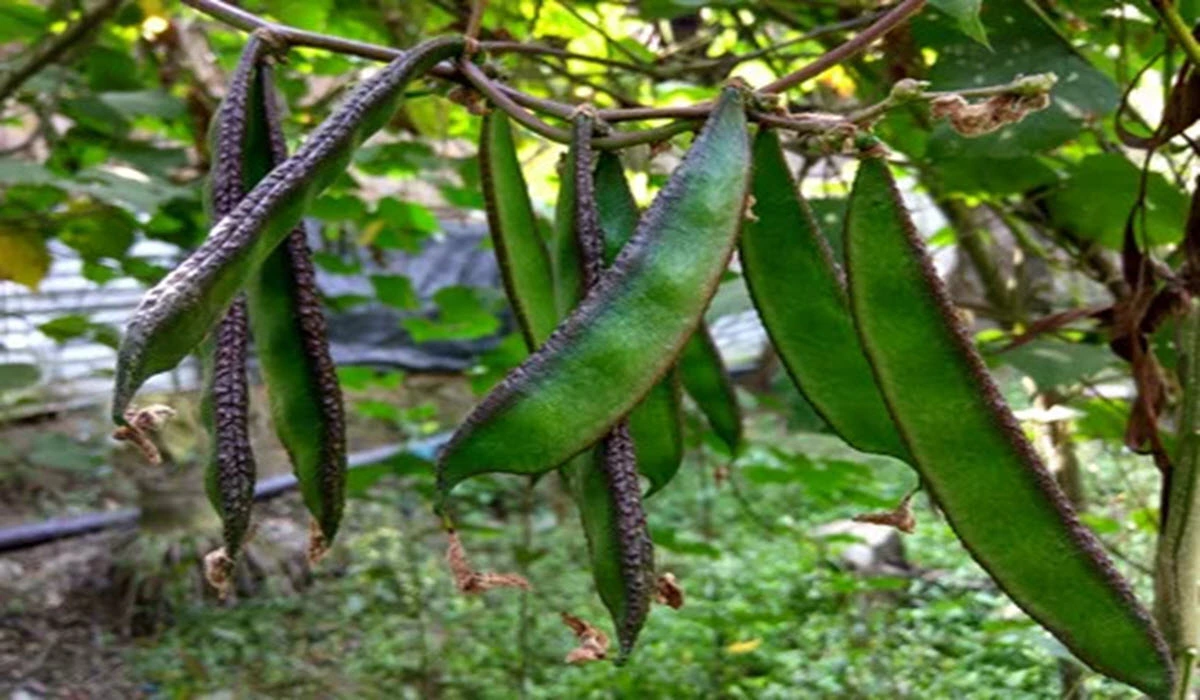
Choose a planting location
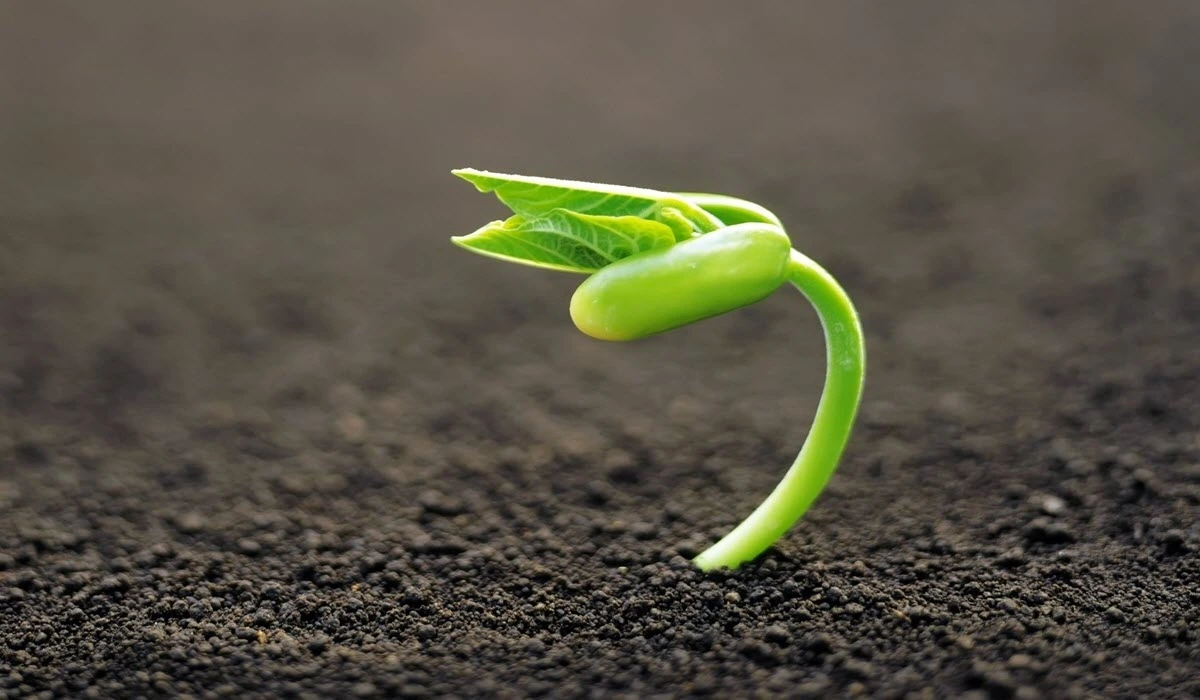
Broad beans need full sunlight and fully-drained garden soil. Choose a location that receives at least six-nine hours of sunlight each day. The soil should be rich in organic matter and well-draining.
Planting Broad Beans
Plant the broad bean seedlings in rows spaced 18-24 inches apart, about 2-3 inches deep. Alternatively, you can plant the seeds in raised beds or containers.
Watering
Water the beans regularly, keeping the soil moist but not waterlogged. Broad beans require more water than other bean varieties, and water them deeply and regularly. Broad beans take up to 15 weeks time fully grown.
Fertilizing
Broad beans do not require a lot of fertilizer, but you can add a balanced fertilizer to the soil before planting. Alternatively, you can use a side dressing of compost or a foliar spray of fish emulsion or seaweed extract during the growing season.

|
Battery Powered Backpack SprayerThe Field King pro Max 190515 lithium-ion battery powered 4 gallon backpack sprayer consists of an ergonomic design modeled after the existing Field King 190328 no-leak pump backpack sprayer. With integrated battery storage, this design ensures the equipment is protected from the elements & liquids during filling & spraying. |
Mulching
Mulch the soil around the bean plants with a layer of organic material such as straw or grass clippings. This will help to retain moisture in the mud and suppress weeds.
Pest and disease control

Broad beans are generally resistant to pests and diseases, but you should still keep an eye out for common problems such as aphids, spider mites, and black spots. If you notice any signs of pests or disease, treat them promptly with an organic insecticide or fungicide.
Health Benefits of Broad Beans

Rich in nutrients: Broad beans are a good source of several vitamins and minerals, including vitamin C and K, folate, and iron. These nutrients are essential for overall health and can help to boost the immune system, improve bone health, and regulate blood pressure.
Good For Digestion: Broad beans are a good source of dietary fiber, which is essential for digestive health. Fiber can help to promote regular bowel movements, reduce the risk of constipation, and improve the overall health of the digestive system.
Help to Reduce The Risk of Chronic Diseases: Broad beans are a good source of flavonoids and other antioxidants, which can help to reduce inflammation and oxidative stress, both of which are linked to chronic diseases such as heart disease and cancer. Additionally, broad beans are low in fat and complex carbohydrates, which can help to reduce the risk of obesity and related diseases.
Help to Regulate Blood Sugar Levels: Broad beans are a low glycemic index food, which means that they are absorbed slowly by the body and do not cause a rapid increase in blood sugar levels. This can be beneficial for people with diabetes or those who are at risk of developing the condition.

|
Gardening Gloves for Women and LadiesCOOLJOB Gardening Gloves for Women and Ladies, 6 Pairs Breathable Rubber Coated Yard Garden Gloves, Outdoor Protective Work Gloves with Grip, Medium Size Fits Most, Red & Green |
Improve Heart Health: Broad beans contain several nutrients that are known to be beneficial for heart health, including fiber, potassium, and magnesium. These nutrients can help to regulate blood pressure, reduce inflammation, and improve overall cardiovascular health.
Improve Brain Function: Broad beans are a good source of choline, a nutrient that is important for brain health and development. Choline has been shown to improve memory and cognitive function, and may also help to reduce the risk of age-related cognitive decline.
In conclusion, growing broad beans is not only easy but also incredibly nutritious. By providing your beans with the right conditions and care, you can enjoy a bountiful harvest of fresh, home-grown beans that provide a range of health benefits. So why not give it a try and add broad beans to your garden and diet?



